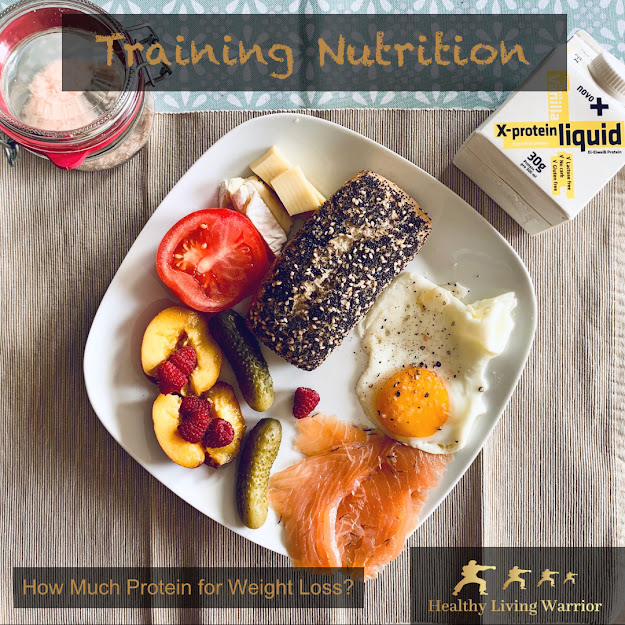Does your weight loss plan have an alcohol problem?

Does your weight loss plan have an alcohol problem? "Can I have wine with dinner on the weekend?" "I'm not giving up my vodka!" "The weight I gained last summer was the from the alcohol.." These are all real world quotes from clients as we work to demystify alcohol, weight loss, strength training, and living a healthy lifestyle. There's lots of myth and confusion in the world about alcohol and how it is "fattening". Lots of this stems from the fact it shows up in most food tracking apps as a carbohydrate... BUT Alcohol is actually its own macronutrient (mind blown yet?) and contains 7 calories per gram (yes 7 ... not 4 like carbs and protein, or 9 like fats). Since it's not essential for survival (and a whole lot of other healthy reasons) it's not usually presented with the core 3 of protein, fat and carbs. This is also why, if you do find an alcoholic beverage with a nutrition label, and for lots of drinks in food trackers, t...





